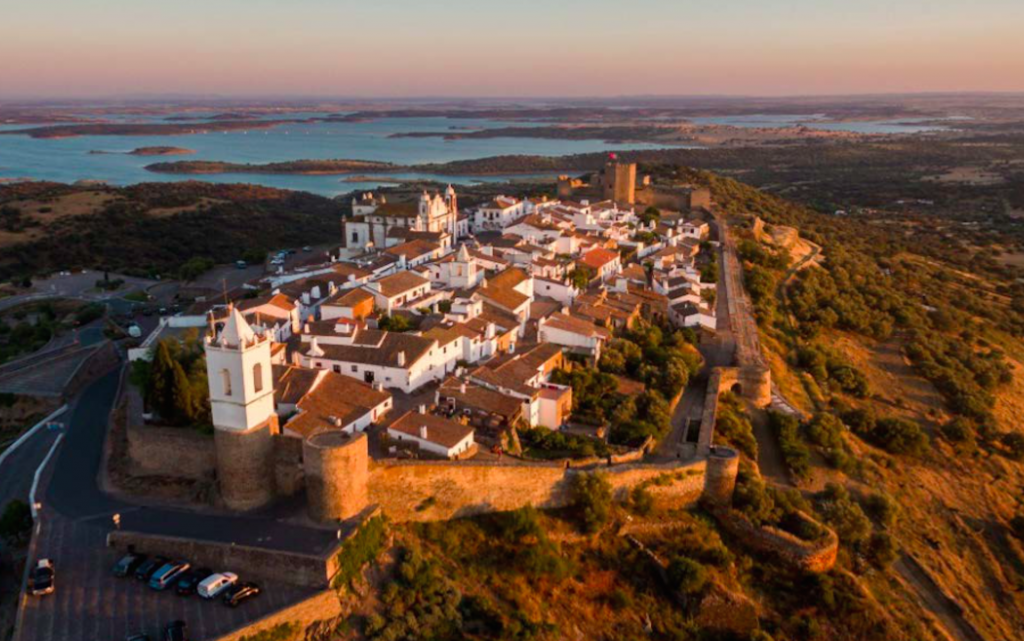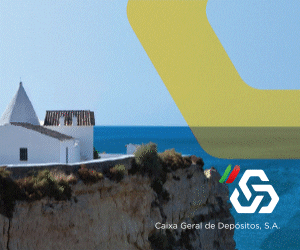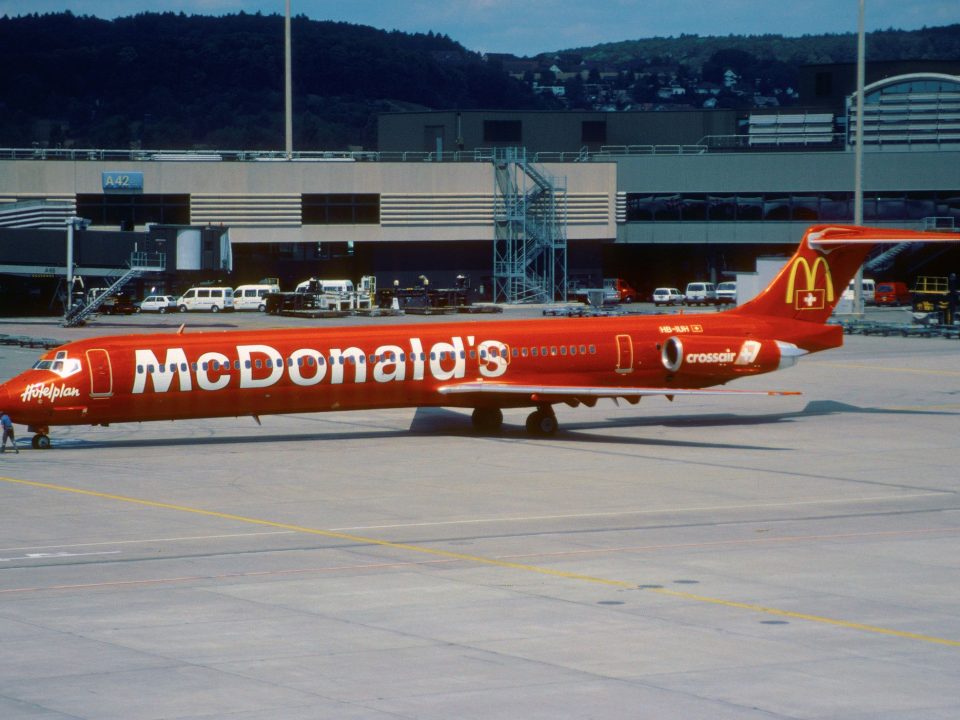The World Tourism Organization (UNWTO), Visit Portugal and the city of Reguengos de Monsaraz have the pleasure to announce that the 5th UNWTO Global Conference on Wine Tourism will take place on 9-10 September 2021 in Reguengos de Monsaraz (Alentejo), Portugal.
Held under the theme ‘Wine Tourism – a driver for rural development’, the Conference will focus on the contribution of wine tourism to social and economic regional integration and its great potential to generate development opportunities in remote rural destinations.
Building on UNWTO’s work on advancing tourism at the center of plans for recovery, the Conference represents a unique opportunity for experts from across the growing field of wine tourism to work together to find concrete solutions to build back better and make tourism an enabler of the way forward towards a more sustainable, inclusive and resilient future for rural communities.
1. Background
Wine tourism has grown in interest and importance for many destinations around the world where it plays an important role in promoting remote regions, strengthening the links between agriculture and tourism and creating new opportunities for development and inclusion.
UNWTO defines Wine Tourism as tourism whose purpose is visiting vineyards, wineries, tasting, consuming and/or purchasing wine, often at or near the source – wine, gastronomy, traditions and local culture comprise thus the core elements of the wine tourism product and provide the lifestyle package that wine tourists seek to experience.
Wine tourism represents an excellent opportunity for destinations to diversify and enhance the tourism value chain, promote rural development and the revitalization of many areas which may be affected by depopulation and social exclusion. The development of wine tourism further creates opportunities for income thorough its linkages to handicrafts, nature, gastronomy and agro-tourism. Having identified its competitive edge, more and more destinations around the world are looking to position themselves as destinations for wine tourism.
Under the theme “Wine Tourism – a driver for rural development”, this year’s Conference will focus on the path to making wine tourism an effective means for rural development. The Conference will look into policy, innovation, destination management, sustainability and the way out of the Covid-19 crisis with practical and inspiring examples.
Starting the event, Portugal, our host this year, will take us through a wine tasting experience of its seven wine regions whilst immersive wine tourism experiences in different vineyards of Alentejo will be offered on the last day of the Conference.
2. Reguengos de Monsaraz: The host city
This extremely beautiful mediaeval town has succeeded in preserving its own distinctive characteristics over the centuries. Walking through the streets of Monsaraz is like going back in time, for it is a truly unique place where one can find all the peace and tranquillity that have been forgotten by the modern era.
The most immediate visual impression in the town is that of the whitewash and schist of its houses and buildings. Every year, throughout the month of July, Monsaraz becomes an open-air museum, affording visitors the opportunity to get to know more about the customs and habits used in the production of Alentejo handicraft, appreciate the delights of the regional cuisine and enjoy the various cultural events that are held there, including music, theatre, dance and art exhibitions.

As far as the town’s architectural heritage is concerned, the highlights are the mediaeval castle and keep, the former court building (built between the fourteenth and the sixteenth centuries) and the parish church of Nossa Senhora da Lagoa (dating from the sixteenth and seventeenth centuries).
The Alentejo plains that extend as far as the eye can see start close to the Tagus. To the north , the pace is set by the green of the flatlands, in the vast interior, unending flatness, and fields of wheat waving in the wind; at the coast, wild, beautiful beaches waiting to be discovered. The landscape combines with the sun, the heat and a slower pace of life.
3. The program
The provisional program of the Conference extends over 2 days with technical sessions and several thematic presentations on 9 and 10 September 2021. Detailed information on the sessions’ speakers and their biographies will be available on the Conference’s website.













